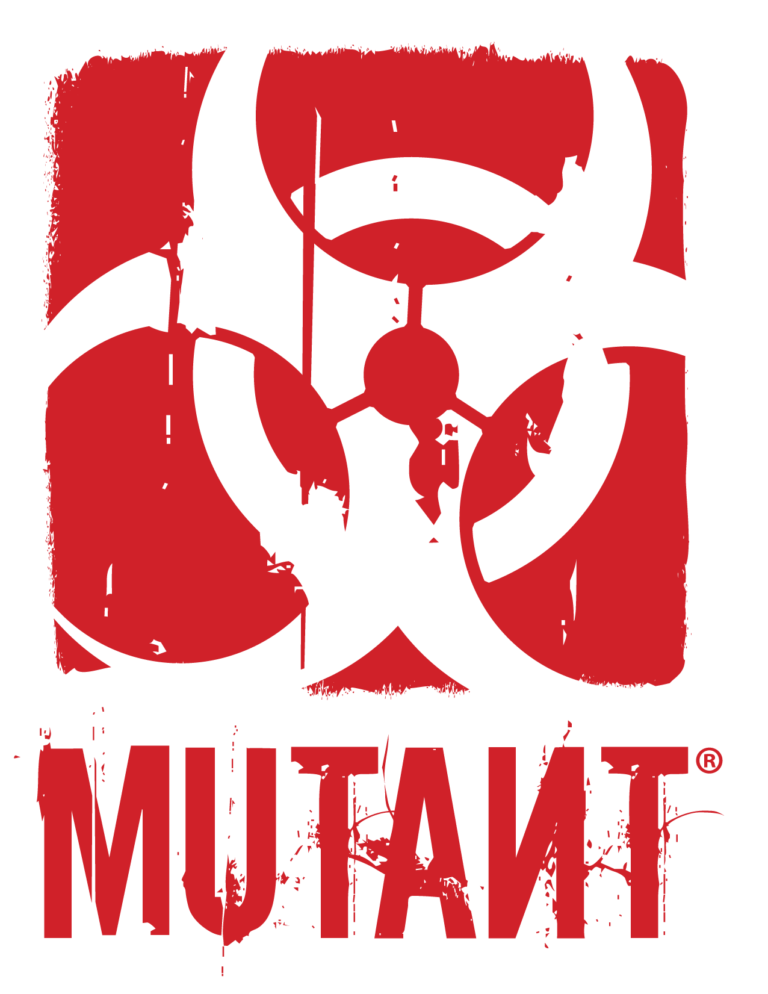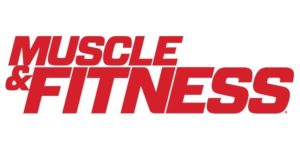By Gigi Amurao
Supplements are a billion-dollar industry in the U.S., and many athletes believe that vitamins and other nutritional supplements are crucial to getting the results they want from all their hard work in the gym. In my opinion, though, less is more. Unless you have a specific illness, a nutritional deficiency, or hereditary problem, nothing beats a healthy diet that’s rich in vegetables, protein, and fiber.
Even so, we all want to make sure that we’re getting enough of the key nutrients, so let’s zero in on a few important supplements that help keep your body healthy and functioning properly. If you’re deficient in any of them, it can prevent your body’s optimal efficiency, leading to decreased performance—in all areas of life.
Fitness enthusiasts, athletes, and others who lead active lifestyles need even more nutrients than the average inactive person, but before you spend your hard-earned money on what you don’t need, check out my hot list of must-have basics.
1) Multivitamin/Multimineral
A multivitamin/multimineral combines many of the vitamins and minerals that are found in the foods we eat in one powerful capsule. Including a high-potency multivitamin formula in your regimen can help prevent heart disease, breast cancer, and colon cancer as well as ensure the presence of the important nutrients necessary for thousands of metabolic reactions.
Percentages matter when you’re choosing a multivitamin supplement. Choose one that provides 100% of the daily value of as many of these essential vitamins and minerals as you can find: vitamin C; vitamins B1 (thiamin), B2 (riboflavin), B3 (niacin), B6, B9 (folic acid), B12, B5 (pantothenic acid); biotin; vitamins A, E, D2 or D3 (cholecalciferol), and K; potassium; iodine; selenium; borate; zinc, calcium; magnesium; manganese; and iron.
As I suggested, however, more isn’t better. So, taking a supplement that exceeds 100% of recommended daily allowances of the various nutrients won’t necessarily do you any good, and some can build up and become toxic in the body.
2) Calcium With Vitamin D and Magnesium
This combination works well together. Calcium is necessary for strong, healthy muscles, bones, and teeth, and experts suggest that it should be taken with magnesium to prevent the negative side effects of calcium taking alone. Vitamin D helps the body absorb the calcium in order to get the maximum benefit. It also aids the immune system, blood vessels, muscles, and nervous system.
You can find numerous supplements on the market with this combo. A recommended dose would be: calcium, 600 mg; magnesium, 400 mg; vitamin D, 1,000 IU.
3) Essential Fatty Acids, a.k.a. Fish Oil
Fish oil contains the omega-3 fatty acids DHA and EPA, which are important for the heart and brain to function properly. Fish oils reduce the risk of breast cancer and help reduce and prevent arterial inflammation, which lowers the risk of a heart attack.
The proper daily dose of DHA/EPA is different for everyone, but according to the American Heart Association, people with coronary heart disease should take 1,000 mg of fish oil daily, while those with high triglycerides may need 2,000 to 3,000 mg per day. Generally, you should look for fish oil that contains at least 600 mgs of omega-3 fatty acids—EPA, 300 mg; and DHA, 200 mg.
4) Antioxidants—Vitamins A, C, and E
Free radicals are renegade atoms in the body that are produced naturally or introduced by outside sources that can cause damage, like cigarette smoke. Antioxidants counteract their damaging effects, but in order to keep the balance, you need a continual supply of antioxidants to help neutralize free radicals and remove them from the bloodstream.
You can buy the antioxidant vitamins—A, C, and E—separately, but they are also available as a combo capsule. Adding them to your supplement arsenal lowers the risk of many health problems, slows down the aging process, and gives the immune system a boost.
To break it down, vitamin A aids eyesight, soft tissue, and skin, while vitamin C, a.k.a. ascorbic acid, heals wounds and helps the body make red blood cells. C also boosts the brain chemical noradrenaline, which makes you feel alert and amps up concentration, and vitamin E helps the body’s cells stay healthy.
5) B-Vitamins
There are eight B-vitamins, and many supplement companies make a B-complex capsule that contains all eight— B1, B2, B3, B5, B6, B7, B9, B12. The B’s play important roles in keeping the body running like a well-oiled machine. They aid metabolism by converting food into fuel; they help keep skin, hair, and nails healthy; and they help the brain function properly.
6) Probiotic Supplements
My final recommendation is to include a probiotic. These are naturally occurring “good” bacteria that live in the gut and aid in total wellness. When you’re healthy, your intestines host trillions of friendly bacteria, whose job is to aid digestion, boost the immune system, and fight bad bacteria; however, negative factors like a poor diet, stress, pollution, and antibiotic use can decrease the good bacteria. The solution is to repopulate the gut with more healthy bacteria. Getting a daily dose of probiotics via a supplement or probiotic yogurt is a great way to bring back your good digestion and strengthen your immune system.
Remember, though, that supplements are no substitute for a healthy, balanced diet. Try to eat a variety of fruits, vegetables, whole grains, and lean proteins, all in moderate portions. Add that to a daily exercise program, and you will be well on your way to being healthy from the outside as well as the inside.
Visit our Nutrition Blog for More Important Info!

References
http://www.everydayhealth.com/drugs/multivitamin
http://www.webmd.com/vitamins-and-supplements/nutrition-vitamins-11/choose-multivitamin?page=2
http://www.doctoroz.com/article/dr-ozs-ultimate-supplement-checklist
http://www.nutrex-hawaii.com/benefits-of-antioxidants
As an IFBB bikini pro, a certified personal trainer, nutritionist, online coach, fitness model and TV host, Gigi Amurao blasted onto the competitive bikini scene in 2012. A lifelong athlete who excelled in collegiate lacrosse and gymnastics, she earned an MBA in marketing and an advanced certificate in sports and entertainment management and enjoyed a career in network advertising before finding her passion in helping others achieve their fitness goals. As a model, she’s appeared in Muscle & Fitness Hers, Inside Fitness, and Flex Magazine. DigitalMuscle.com is proud to feature Gigi here in her own featured blog!





